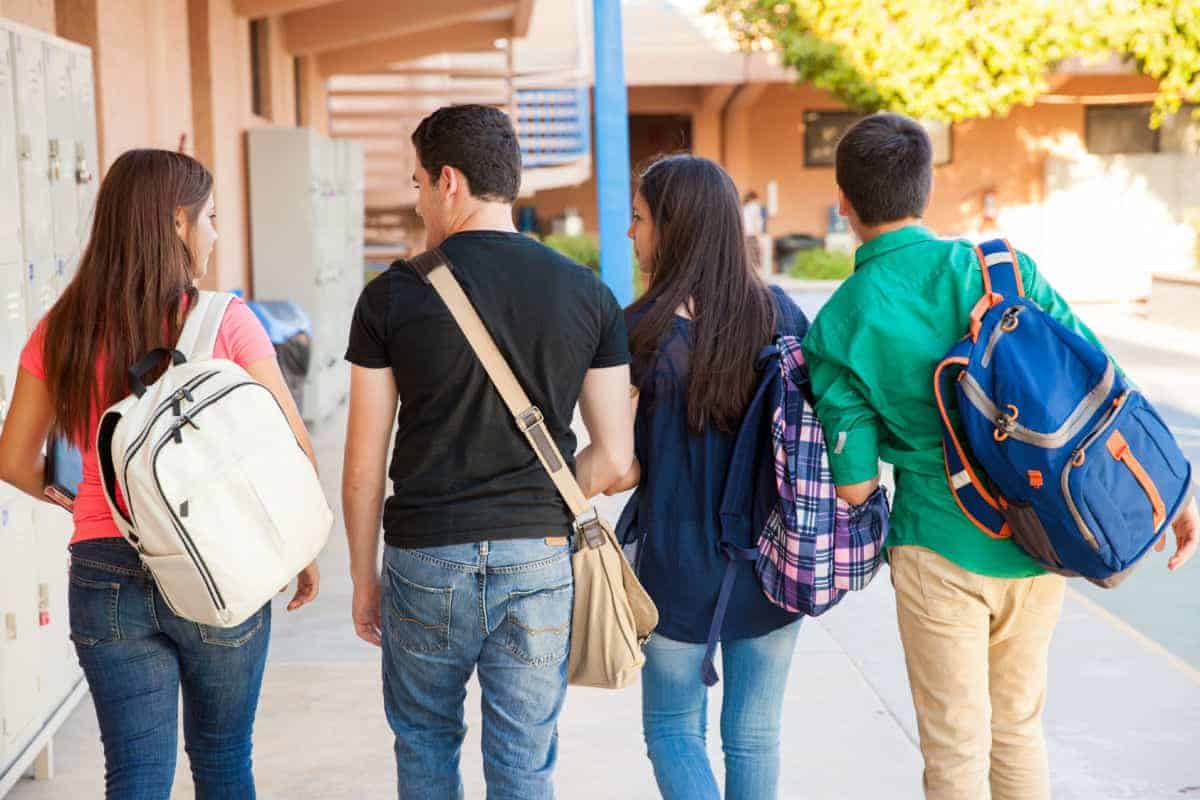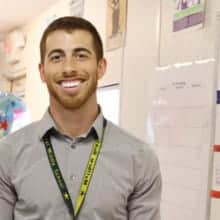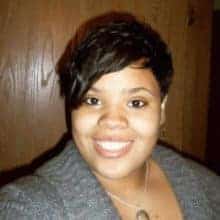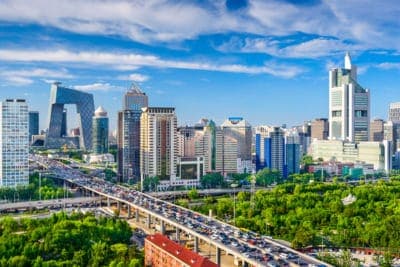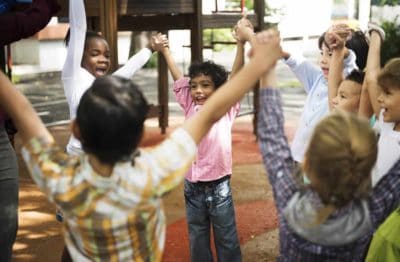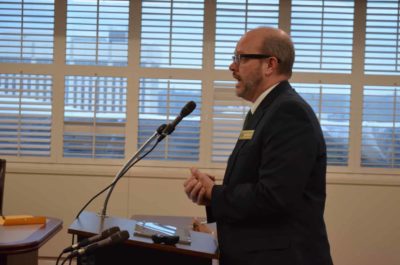“Education is the most powerful weapon which you can use to change the world.” —Nelson Mandela
Young people are shaking the world.
In schools and cities around the country young people are walking out, standing up, and sharing their voices as part of the nation’s most recent outcry on gun violence. Youth activism is by no means a new phenomenon; young people have been fighting to stop violence in our nation’s cities for generations. But with the March for Our Lives and National Walkout this month, a new wave of youth-led political action is peaking. As movement leader and Stoneman Douglas student Emma González put it, “fight for your lives before it’s someone else’s job.”
Our move, educators.
Schools are not inherently fertile ground for youth activism. With so many different minds and values (not to mention public funding), schools have traditionally focused on enculturating students with widely held values, avoiding controversy, and maintaining order. Our young people, however, have spent the whole history of our nation breaking barriers, stirring good trouble, and challenging the status quo. Enter teachers: tasked with bravely navigating this dissonance while keeping the futures of students, and our own careers, in mind.
This reality weighs heavy as we return to school this week—many of us with quiet fears for our lives, or the lives of our own children. We also know that our silence is deafening. A nation is watching our students and following their lead. It is time we do too.
The first step is to acknowledge that our schools are not built for easy conversations about tough topics or for responding to the issues of the day. There are barriers including state tests, pacing guides, and district curriculum, leaving many with a feeling that the art of teaching has become more an assembly line. We are overworked and underpaid in more places than not. There are more police in many schools than moments to discuss issues threatening our students’ lives. Paulo Freire reminds educators that this true dialogue must be at the center of our work: “if the structure does not permit dialogue” he said, “the structure must be changed.”
What can we change?
While we can and should begin organizing ourselves to rethink the foundation of schools, there are actions we can take today that will impact how our students experience their generation’s most pivotal movement. Whether the young people in our classrooms are empowered actors, consumers of information, and leaders in this time of rightful uprising might largely depend on our ability to adapt our instruction to meet this historical moment.
Validating experience
Even teachers with the best intentions can frame school as mere rehearsal for an imagined adult “real world” that lies beyond 12th grade. This is a mistake. When we tell students that their experiences are not real and fears are not justified, we compound rather than heal the trauma our students face. Their age does not invalidate their experiences or their perspective. When we tell them to walk up instead of walk out, we deny them the chance to express the righteous anger to which they are entitled.
Positioning youth as experts
Underestimating young people in our classroom would be a serious misstep and a waste of resources. Every student enters the classroom with skills, talents, and ideas. Leverage the knowledge of the young people in your class in addition to young voices around the world. Texts authored by young people such as Malala Yousafzai and Emma González can spark discussion in a Socratic seminar; students can share independent research with their peers.
Creating a space for dialogue
Make student dialogue about issues that matter to them a daily part of the classroom routine. A powerful, open-ended question like “What can we do to end gun violence?” can spark discussion as a think-pair-share, a structured debate, text-based seminar discussion, or a closing activity using discussion strategies like Four Corners or Barometer.
Practice using the tools of social change
When youth listen and speak to each other, history shows their desire for change prevails. Whether Dreamers or Occupiers, from Selma to Ferguson, youth want a stake in their future. Students need opportunities to harness the tools of action: to write, to organize, and to speak. Let your students write in letters to the editor or elected officials; organize meetings, town halls, and voting drives; and speak their truth at every turn. It’s not only powerful for them, its good teaching.
Young people are shaking the world. It is our turn to act with them.
